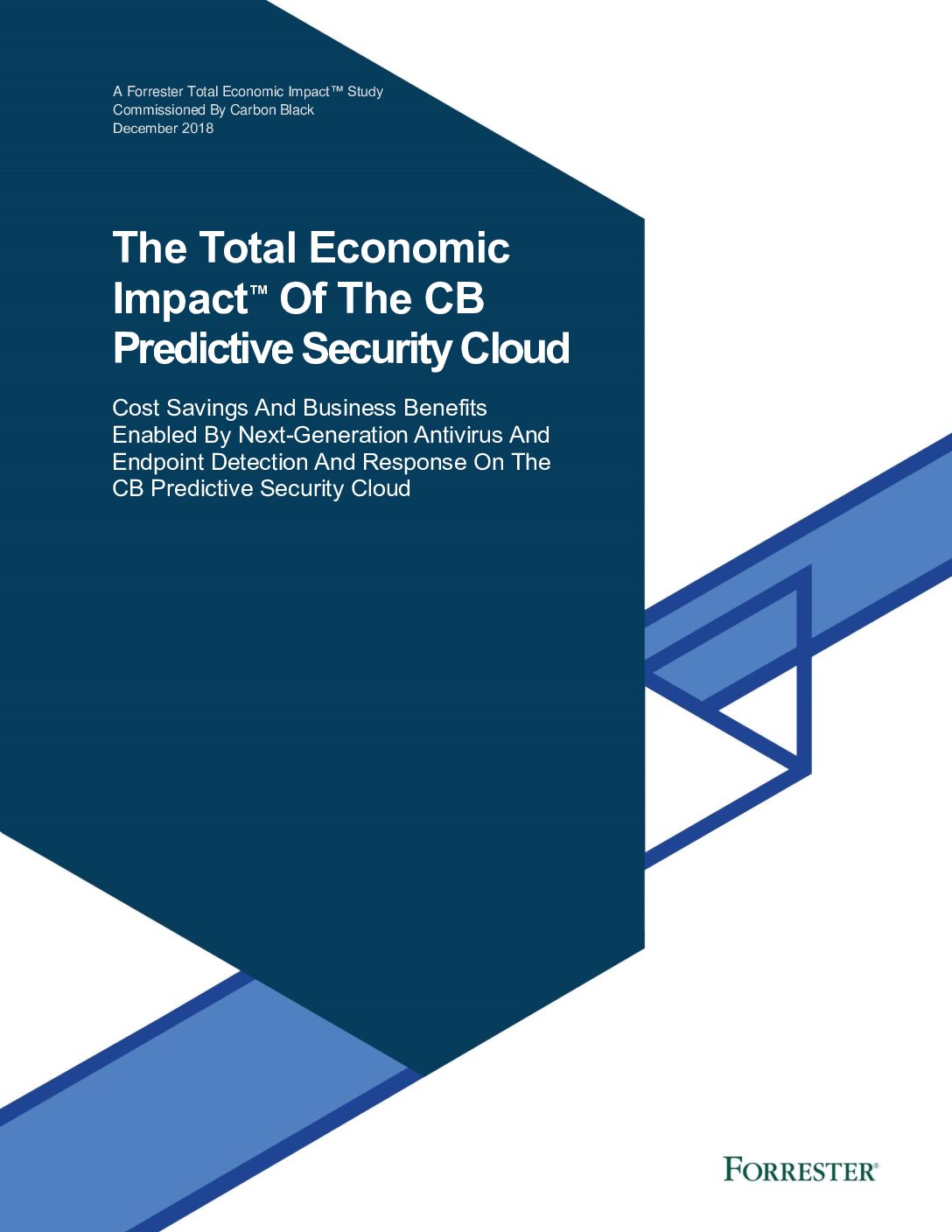Employee endpoints are one of the most targeted assets in an organization, making endpoint security the front line in the fight against cybercriminals. But corporations have not yet solved the puzzle — more than 50% of organizations surveyed in 2017 experienced a data breach of some kind. Security and IT professionals are bogged down detecting and responding to potential threats. They need solutions that collect endpoint activity data, detect and prevent suspicious behavior, and facilitate a faster response.
The CB Predictive Security Cloud (PSC) is a next-generation endpoint protection platform that delivers multiple capabilities in the cloud using a single, lightweight agent and a single console. Its use of streaming analytics, based on event stream processing technology, predicts known and unknown threats and stops them before they execute. That, paired with intuitive attack visualizations, greatly reduces the time needed to investigate a security event. Live Response functionality allows organizations to remotely access machines and take action to investigate or remediate, without taking user machines out of production. The PSC also allows organizations to integrate endpoint protection with other security tools to create a single pane of glass for security management.
Carbon Black commissioned Forrester Consulting to conduct a Total Economic Impact (TEI) study and examine the potential return on investment (ROI) organizations may realize by deploying the next-generation antivirus (NGAV) and endpoint detection and response (EDR) on the PSC. The purpose of this study is to provide readers with a framework to evaluate the potential financial impact of the PSC on their organizations.
To better understand the benefits, costs, and risks associated with this investment, Forrester interviewed seven Carbon Black customers currently using the PSC. Prior to using the PSC, the customers typically leveraged signature-based antivirus (AV) solutions but experienced frequent threats and slow detection and response times.
